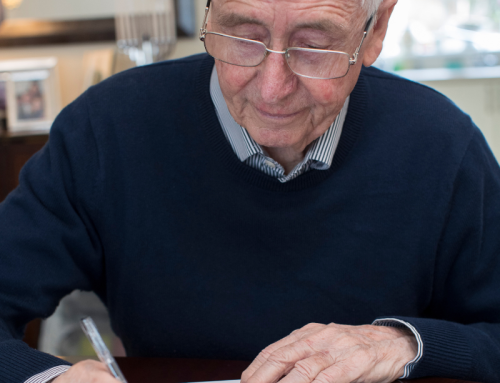So you and your partner have decided that you would like to have children together. But what if one of you dies before you conceive?
This is not a question that many couples trying to conceive ask themselves. Although not a common event, the questions surrounding posthumous in vitro fertilisation bear thinking about.
Posthumous conception involves the conception of a child after one or more of their parents have died and has become possible through developments in Artificial Reproduction Technology (ART). Although posthumous conception has been possible since the 1950s, changes in community expectations have seen a number of women conceive children after the death of their husband or partner over the last decades. To do so, they must obtain a court order which approves both the extraction of the gametes from the deceased’s sperm, which remain active for approximately 24-48 hours after the time of death, and the use of it for in vitro fertilisation (IVF).
As a relatively new legal and ethical issue, each State and Territory within Australia has different legal processes and limitations on posthumous conception. The short time frame for extracting the gametes makes navigating the already complex legal process tricky and the family involved must act quickly.
Where does the law in NSW stand on this matter?
While Queensland and the ACT have made the process possible without the consent of the deceased, New South Wales still currently requires the written consent of the deceased person to proceed with the extraction and/or use of gametes posthumously. This means that posthumous conception in NSW is only available to those that have already put their wishes in writing before they die.
Unless you have already extracted the gametes for the purpose of other forms of IVF treatment, or one of you is terminally ill, most couples have not contemplated this situation and therefore the concept of consenting to such a procedure has never occurred to them.
In Queensland, a number of widows who tragically lost their partners in un-foreseen accidents and who did not have the written consent of their partners, were still able to obtain a court order to extract and utilise their husband/partner’s gametes for the purposes of posthumous conception. This is because the State’s law provides that so long as a designated officer has no reason to believe that the deceased person had expressed an objection to the removal after death of tissue from their body, than removal of human tissue, including gametes is permitted.
With a push to see a uniformity in ART laws across the country and a shift in community attitudes on the ethics of posthumous conception, we may see NSW change its stance on the matter in coming years.
For now, we suggest that if you and your partner are hoping to conceive, then it might be time to discuss what you would want to happen if one of you died. If posthumous conception is an option you would like to have available to you then our lawyers at WMD law can help you formalise your wishes in writing, please contact our team on 9525 8688 or wmd@wmdlaw.com.au. We also invite you to download our free Estate Planning eGuide.






